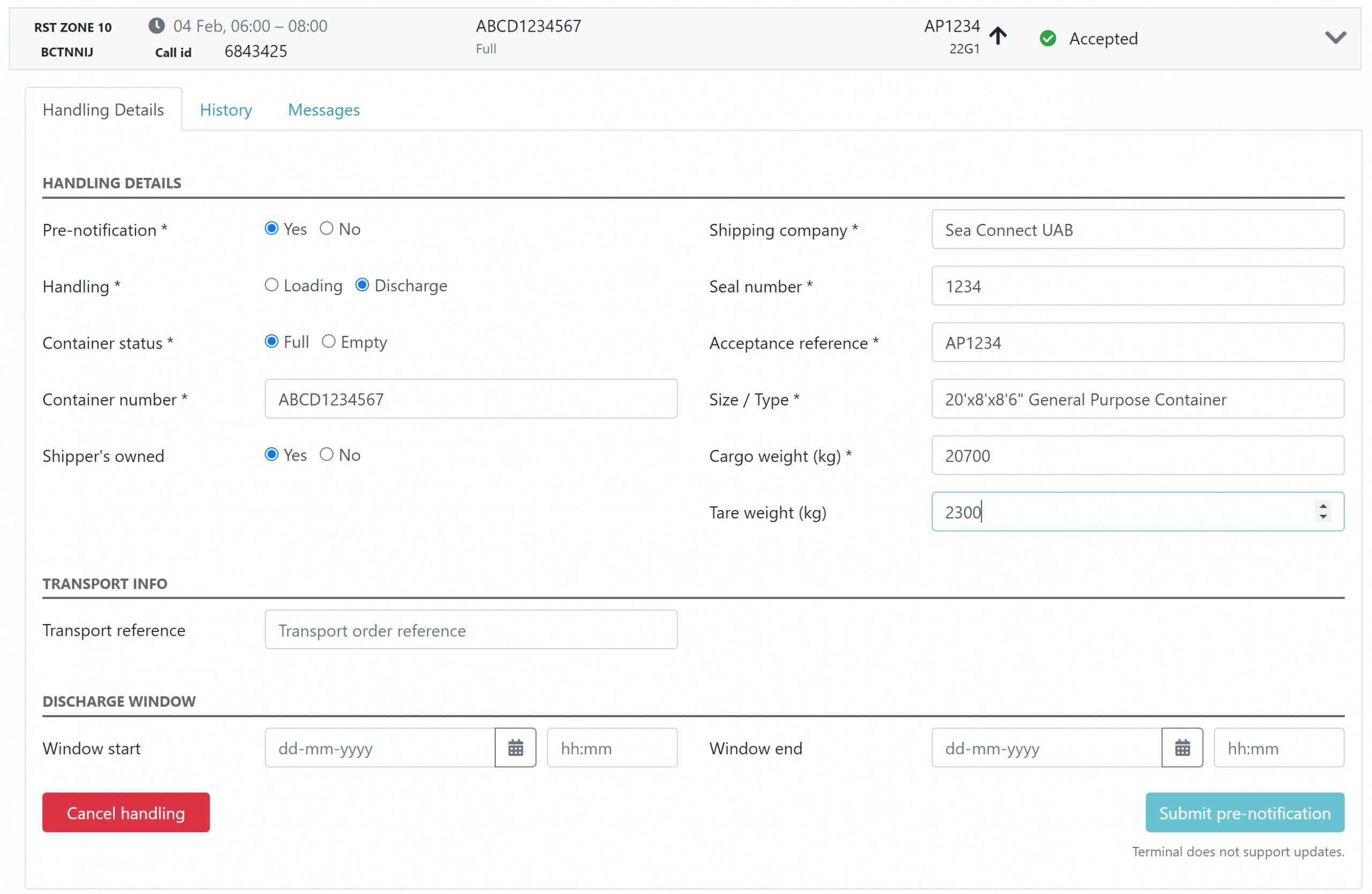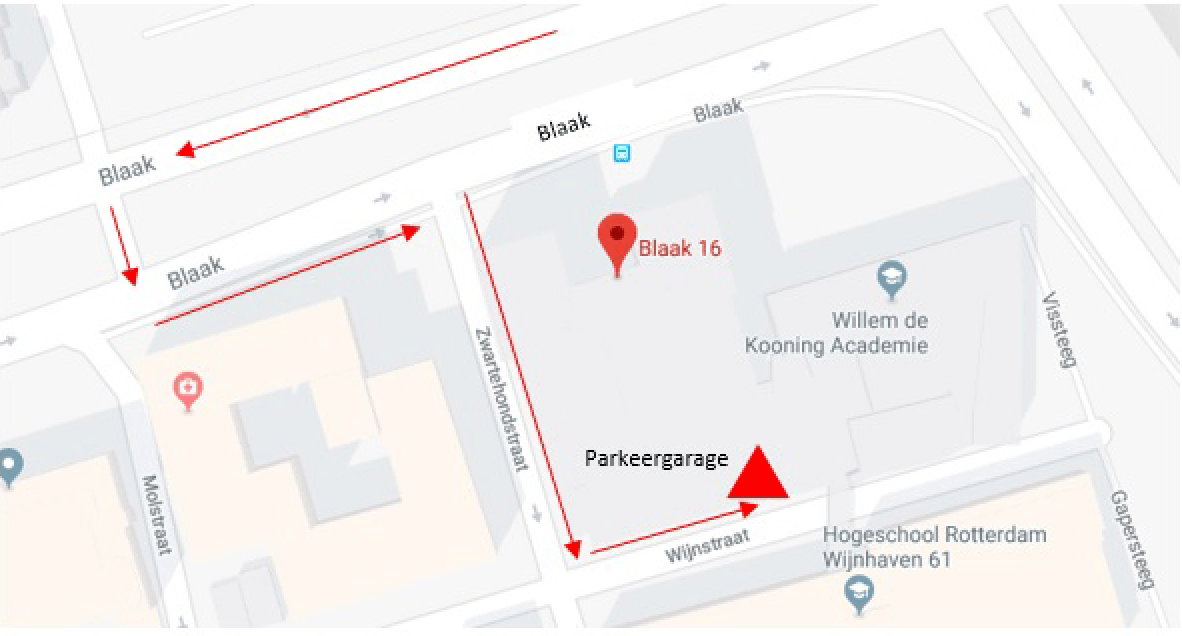Dutch port community to combine its strengths in handling Brexit
ROTTERDAM – 22 October 2018. Leading businesses in the Dutch ports are seeking out cooperation in order to prepare themselves for the Brexit. Together with business association Deltalinqs, Dutch Customs, interest groups FENEX, evofenedex, the Dutch Association for Transport and Logistics (TLN)/AFTO, ferry companies Stena Line, DFDS, CLdN and P&O Ferries, Port of Rotterdam and Port of Amsterdam, Port Community System Portbase is initiating a programme intended to ensure the continued smooth flow of goods to and from the United Kingdom.
Working group
With the consequences of the Brexit as yet uncertain, companies in the Dutch ports are adopting a stance that’s anything but passive. A working group made up of stakeholders is currently exploring the adjustments that will need to be made for ferry transport. In the present situation, this logistical chain – from shipper to haulier – does not deal with any Customs obligations. As a result of the Brexit, however, they will need to thoroughly revise their processes. Arthur van Dijk, President of the Dutch Association for Transport and Logistics: “The virtual national border will radically alter the free movement of goods to and from the United Kingdom. Customs formalities create interdependencies in the logistical process, which in turn places pressure on speed and efficiency. This is something that negatively affects us all, which is why we’re eager to join together in looking for a solution.”
Automated solution for across the chain
In the Dutch ports, the administrative handling of incoming and outgoing container transport has been fully automated for some years now. Via Portbase’s Port Community System, for instance, participating organisations are already able to conduct all their processes quickly and efficiently. Portbase Director Iwan van der Wolf: “This solution has applications for the short-sea chain and we’re looking into its usability for ferry transport as well. Portbase has a coordinating role in these efforts to develop an IT process and a system of agreements. The restructuring of the Port Community System will ensure the entire chain is able provide and reuse automated data for the purpose of various notifications and declarations. Reuse of data reduces the number of mistakes, speeds up the logistical process and allows each party to minimise their respective liability and administrative burden.” Deltalinqs President Steven Lak says, “Only the most well-prepared ports will continue to enjoy preferred status in the European playing field. The Netherlands Institute for Transport Policy Analysis has estimated that, depending on whether a trade deal or a no-deal scenario emerges, the Dutch seaports will lose between 2.0 and 4.4% of their total transit volume. In concrete terms, this loss is equivalent to 9 to 20 million tons of cargo. By investing in an automated solution for across the chain, however, we can minimise this damage as much as possible.”
Customs
The major economic interests at stake necessitate a joint approach – and in a chain, no single party can solve all the problems on their own. It is also in the interest of the port community to prevent the stagnation of in and outgoing ferry transport and to prevent long queues and waiting times. Cooperation with Customs plays an important role in this regard. Dutch Customs enjoys a reputation as one of the best Customs authorities in the world, particularly due to its efficient handling processes. Nanette van Schelven, General Director – Customs Administration of the Netherlands: “Our guiding principle is to maintain smart oversight with minimal interference in the logistical chain. For years now, the automated handling process for container transport has been functioning to the full satisfaction of all involved. Efficient handling is of great value to both the government and the business community, and helps to strengthen the competitive position of the Dutch ports.”



